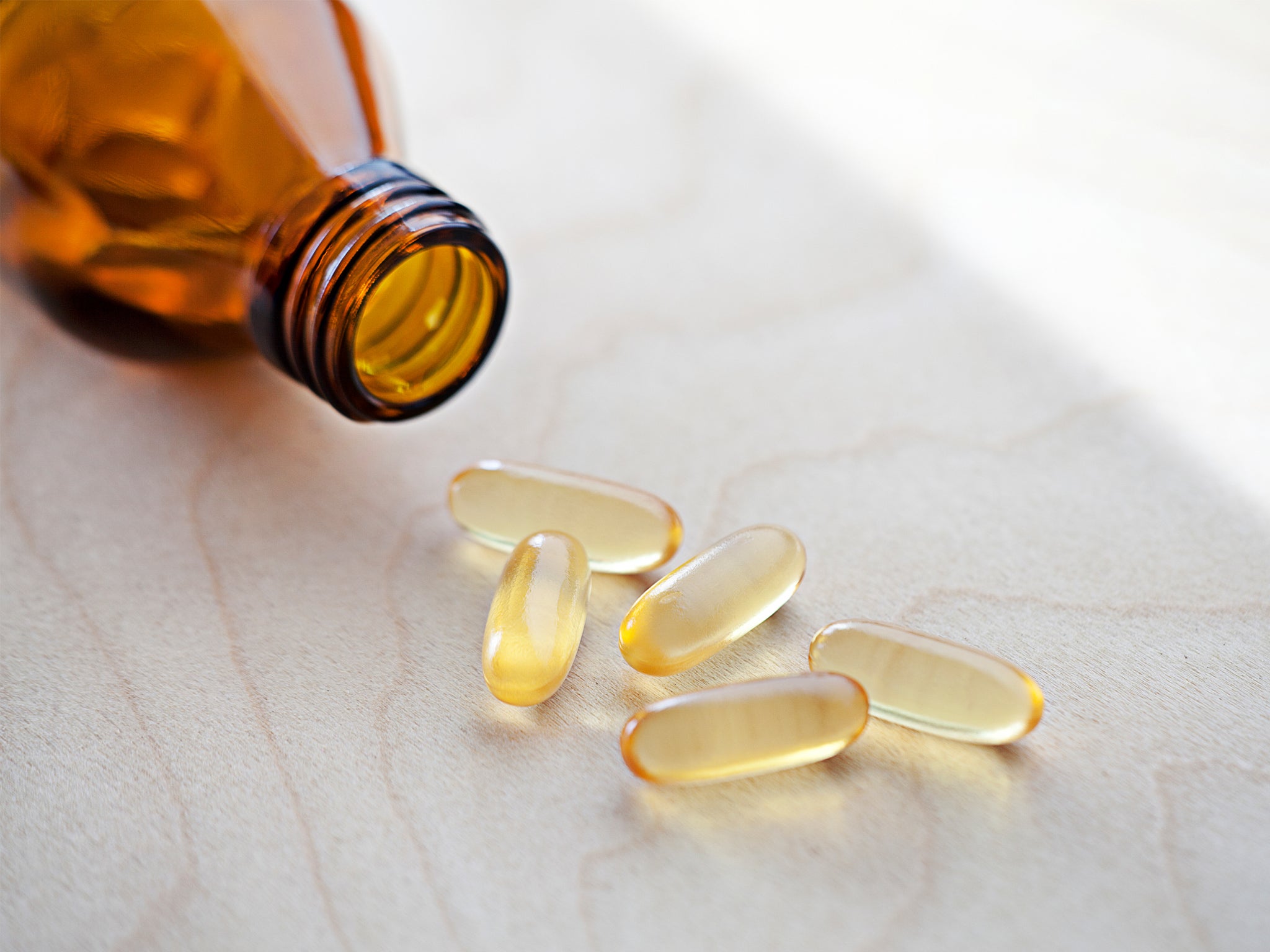Vitamin D can half risk of fatal coronavirus complications, research finds
New studies suggest vitamin D supplements could reduce the threat of Covid-19 by 54 per cent

Vitamin D can reduce the risk of infection and the impact of Covid-19, new research in the US has found.
Scientists are urging individuals to take vitamin D supplements to reduce the risk of complications from the virus.
Vitamin tablets have been used in a number of countries to treat coronavirus patients but new research bolsters the claim that the supplement and coronavirus are linked.
Both studies claim that patients with sufficient levels of vitamin D are less likely to experience fatal complications from Covid-19.
A different study has found that it also works to reduce infection rates.
The researchers claim that vitamin D sufficiency is linked to a significantly decreased level of inflammatory markers and higher blood levels of immune cells.
The study, headed by Dr Michael Holick from Boston University’s school of medicine, took blood samples from 235 patients admitted to hospitals with Covid-19 and measured their vitamin D levels.
Patients were monitored for severity of infection, loss of consciousness, difficulty breathing or if they fell fatally ill.
The study, published in the journal PLOS ONE, found patients older than 40 who had sufficient levels of vitamin D were more than 51 per cent less likely to die from the virus.
Dr Holick has recently published a further study, which found sufficient vitamin D can reduce the risk of catching Covid-19 by 54 per cent.
It concluded that patients who had a daily dose of vitamin D were less likely to experience complications.
“There is great concern that the combination of an influenza infection and a coronal viral infection could substantially increase hospitalisation and death due to complications from these viral infections,” Dr Holick said.
He added that vitamin D deficiency and insufficiency is widespread in children and adults in the US, particularly during wintertime.
“It is prudent for everyone to take a vitamin D supplement to reduce the risk of being infected and having complications from Covid-19,” Dr Hollick said.
During the pandemic, the link between vitamin D and coronavirus has lacked qualification.
In June, UK health officials said there is “no evidence” to suggest that vitamin D supplements can prevent or treat Covid-19.
They commented in response to research from Ireland and the US that suggested coronavirus patients with high vitamin D levels were more likely to survive the disease, which led to increased calls for supplementation.
Unsubstantiated reports claimed that “mega doses” of vitamin D can ward off the virus.
At the time, the National Institute for Health and Care Excellence (Nice), which examined five studies on vitamin D, concluded there were no grounds to evidence that taking supplements could reduce the threat of Covid-19.
Meanwhile, during lockdown, Public Health England recommended individuals take vitamin D supplements to counteract the effects of remaining indoors.
Vitamin D is essential for bone, muscle and teeth health and is mainly gained from sunlight.
Join our commenting forum
Join thought-provoking conversations, follow other Independent readers and see their replies
Comments




Bookmark popover
Removed from bookmarks